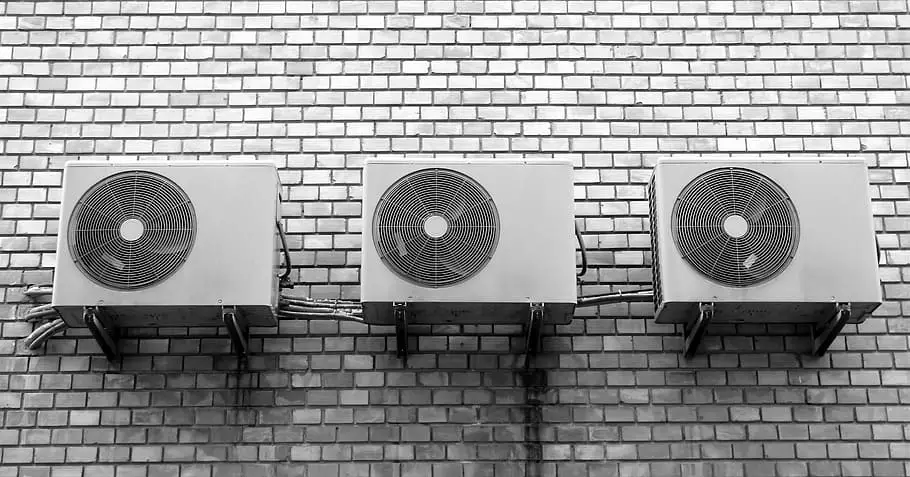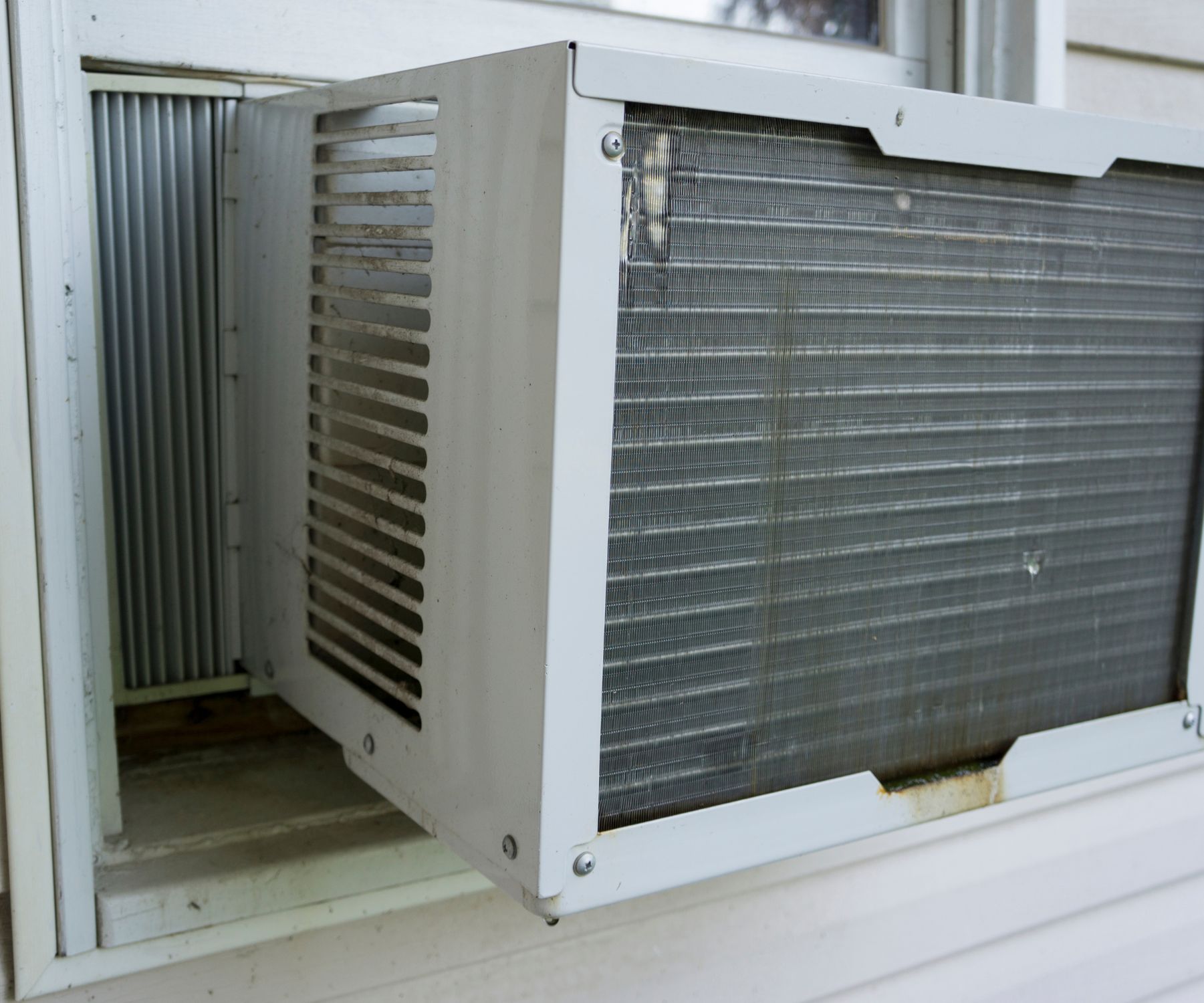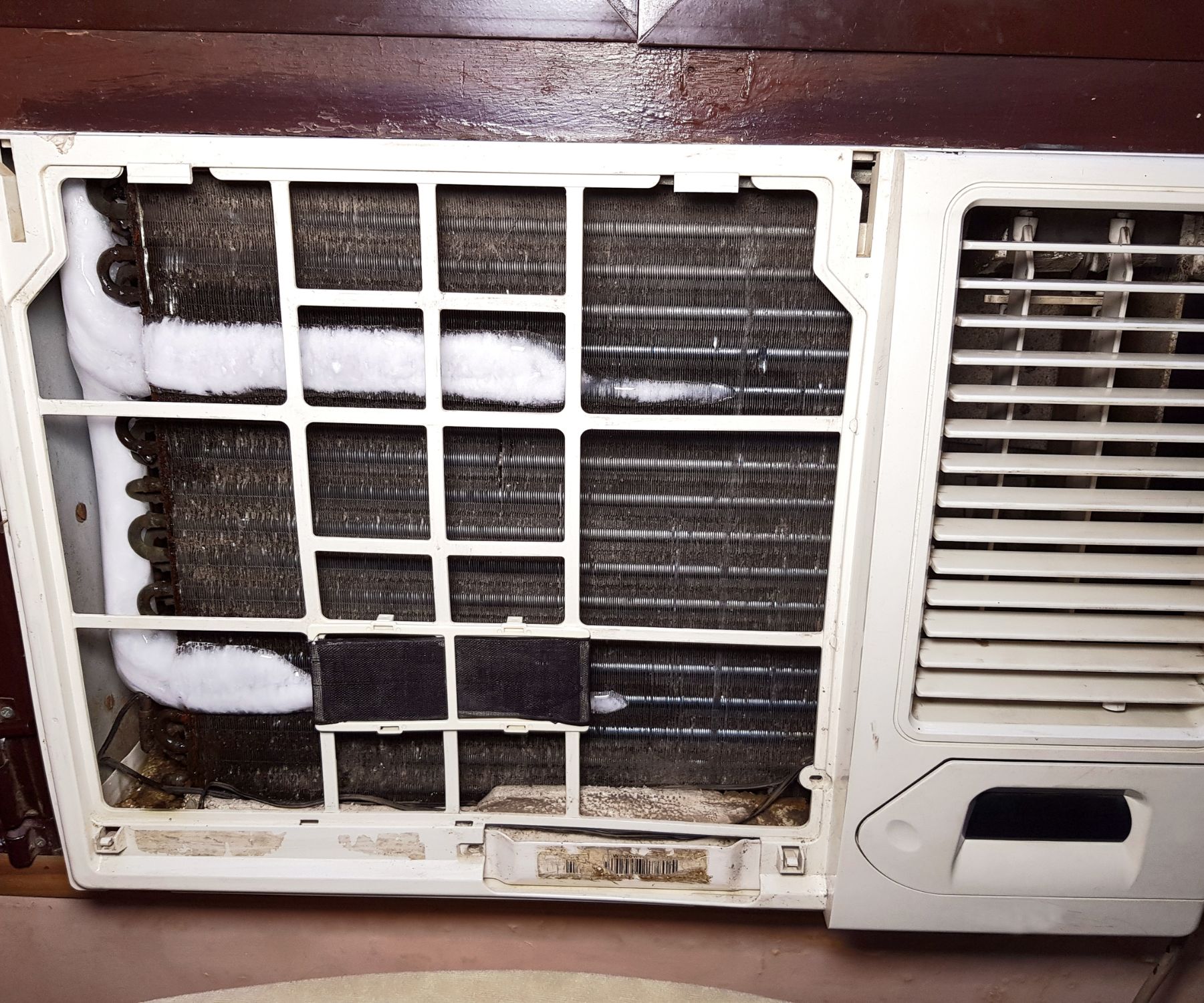Is it time too deep clean the HVAC system again?
Keeping the components of the central heat and air unit that you rely on for warm and cool air clean are essential for not only getting the best results out of your AC but also making sure your energy bill stays manageable.
The air conditioning evaporative and condensing coils carry a lot of weight in determining how well your AC unit is able to cool off your house.
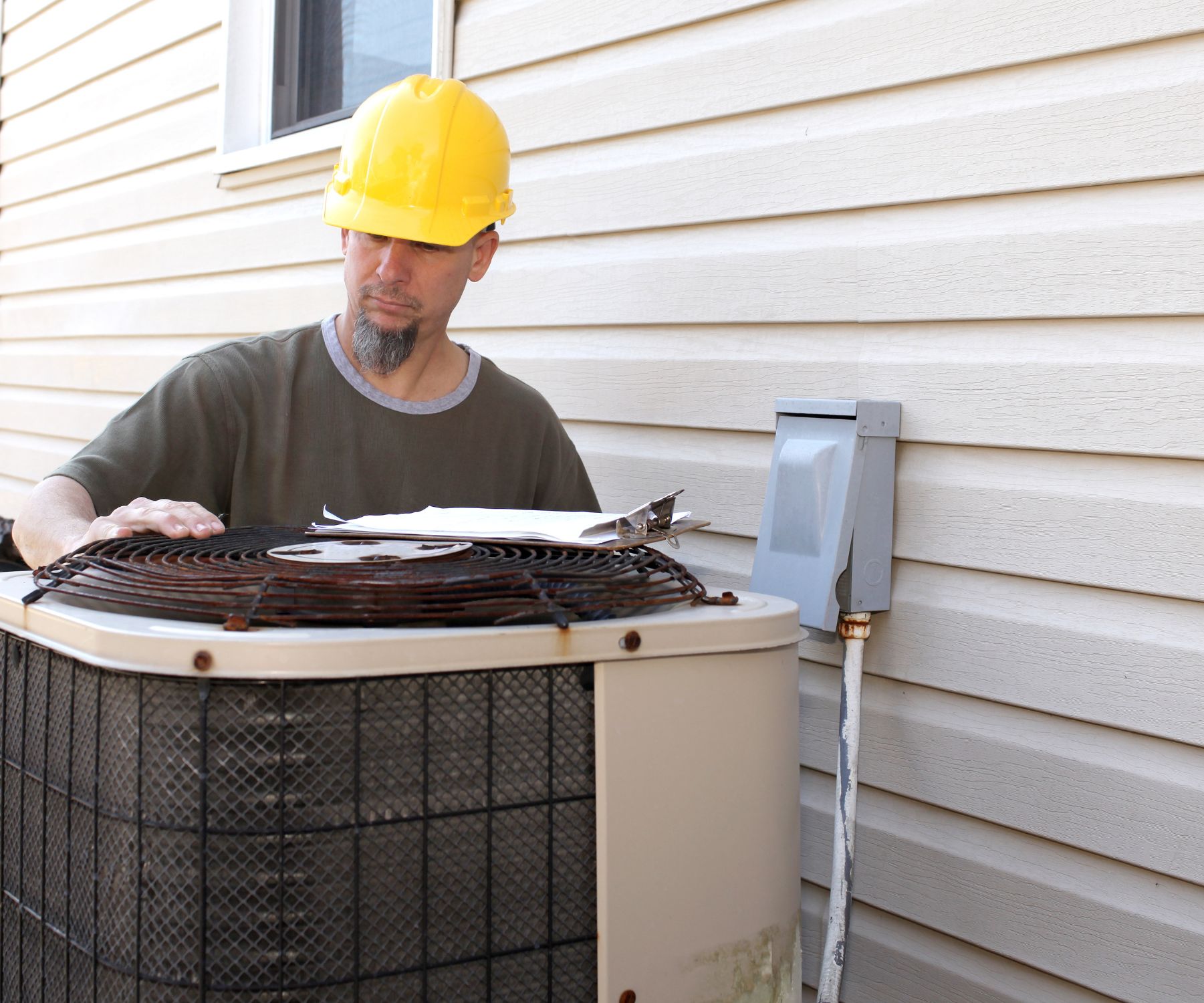 When they get dirty it
When they get dirty it
can decrease the capacity of your unit to cool your home and increase the amount of energy it takes to do so. A air handler with dirty coils can actually increase your energy bill as much as 40%.
But the good news is, you do not have to pay somebody or spend a lot of money on a specific degreaser or cleaner to revive your AC’s copper coils back to their original shine and performance.
A perfect homemade AC coil cleaner for both your evaporative and condenser coils is as easy as going to your cupboard or medicine cabinet and pulling out a couple of household items that most people are sure to have around.
Table of Contents
Best Homemade AC Coil Cleaners- Homespun Recipes
1. Vinegar and alcohol
- Half cup of vinegar
- Half cup of rubbing alcohol
- Baking soda
If this sounds familiar, it’s because it’s basically the same ingredients as DIY window cleaner.
Nevertheless, alcohol and vinegar are an excellent combination to make sure that any tiny debris stuck on the coils breaks completely loose.
If you have debris that won’t come off without a little scrubbing, baking soda is a natural cleaner that has a mild abrasive element to it that will help with scrubbing without damaging the coils.
Vinegar is also one of the best cleaning tools to remove mold and mildew.
2. Soapy water and baking soda
- Water
- Dish soap
- Baking soda
Another easy recipe with ingredients that most people have around the house. A bucket of water with a little bit of dish soap and some baking soda if you need something abrasive to loosen up anything stuck to the coils.
With any type of homemade AC coil cleaner, remember to use a light brush and take it easy on the coils. You don’t want to scratch the coils or bend the fins that protect the coils.
3. Bleach and Water
- Bleach
- Water
A three to one combination of water and bleach (bleach being the smaller portion) in a spray bottle is an excellent homemade solution to clean the coils on your air conditioner.
Not only will bleach kill mold and mildew, it will also help prevent it from coming back.
Warning: If you don’t like the smell of bleach or if you have any type of adverse challenges with bleach, you probably want to stay away from this option. The reason is there is a chance that the smell will creep into your ventilation and into your home.
Cleaning air conditioner coils with vinegar
 4. Vinegar and water
4. Vinegar and water
Using a homemade AC coil cleaner made up of simply vinegar and water is an excellent easy do-it-yourself solution for cleaning the coils in your AC unit.
Equal parts:
- White vinegar
- Water
White vinegar is one of the most effective mildew and mold cleaners there is. It not only removes mold, it leaves behind disinfectant properties that hinders mold from coming back.
5. Homemade Enzyme Cleaner
Natural enzymatic cleaners use enzymes, typically derived from bacteria or yeast, to break down organic substances like grease, oil, and biofilm.
These enzymes act as catalysts, speeding up the cleaning process without the need for harsh chemicals, making them eco-friendly and safe for use around pets and children.
A simple homemade enzymatic cleaner recipe:
Combine:
2-3 medium-sized citrus fruits (such as oranges, lemons, or limes)
about 1 cup of sugar
around 4 cups of water
This mixture should be allowed to ferment in a sealed container for 2-3 weeks to develop the enzymes effectively. After fermentation, the liquid can be strained and diluted with water for use.1
6. Hydrogen Peroxide
Hydrogen peroxide works as an antifungal and antibacterial agent primarily due to its oxidative properties. This process not only helps in disinfecting the coils but also in removing mold and mildew, which can significantly impact air quality and the efficiency of the AC unit.
A recommended mixture is:
One part hydrogen peroxide to four parts water.
This solution can then be applied to the coils using a spray bottle. After spraying, allow the solution to sit for a few minutes to work on the mold and mildew, then rinse the coils thoroughly with water to remove any residue.
 7. Homemade Mini Split Cleaning Solution
7. Homemade Mini Split Cleaning Solution
Mini-split AC systems, known for their efficiency and flexibility, present unique maintenance challenges compared to traditional central air conditioning systems.
Their compact, ductless design requires specialized care, particularly for the indoor units that accumulate dust and allergens.
A tailored homemade cleaning solution for mini-splits can include:
A gentle, non-corrosive mixture such as diluted mild dish soap and water, or a half-and-half mix of water and white vinegar.
This solution can be applied using a spray bottle directly onto the coils and blower wheel of the indoor unit, avoiding electrical components.
After application, a soft brush or cloth can be used to gently remove any debris, followed by a clean water rinse to ensure no residue is left behind.
5.Compressed air and dust buster
What could be an easier solution to cleaning the AC coils than using an air compressor to simply blow off any debris.
Using a compressor to blow the debris and dirt off of the coils is very effective but just hitting the area with a sudden force of air will scattered dust and debris all through your AC unit.
So before using forced air to clean the unit, it is best to take a dust buster or vacuum with the right attachments to get and get as much dirt and debris up as you can beforehand.
Another reminder. The fins that surround the coils are made out of very light tin. Be careful not to barrel down with the air. Keep it three or four inches away to ensure you do not bend the fins.
6. Garden hose
On the evaporative side of the AC which is outside, you will find that keeping the area tidy around your AC unit will help your AC run much more efficiently.
Simply taking a garden hose and applying some of pressurized water to the outside of your unit and even into any of the inside that you can actually reach with a garden hose spray attachment will help your AC run easier and along with keeping the air conditioner filters replaced will give you less opportunities with your unit freezing over.
| Cleaner Type | Ingredients | Effectiveness | Suitable for | Notes |
|---|---|---|---|---|
| DIY Vinegar Solution | Vinegar, Water | Moderate | Light Mold, Mildew | Eco-friendly, mild odor |
| DIY Baking Soda Mix | Baking Soda, Water | High | Grease, Stubborn Dirt | Mildly abrasive, neutral pH |
| Commercial Cleaner | Various Chemicals | Very High | Heavy Build-up | Potent, use with caution |
| DIY Hydrogen Peroxide | Hydrogen Peroxide, Water | High | Mold, Bacteria | Antifungal, antibacterial |
Maintenance Schedule
For an effective AC maintenance schedule, consider the following guidelines based on your environment:
In dusty areas or homes with pets, clean the AC coils every 3 months to prevent buildup.
In less dusty environments, a bi-annual cleaning in spring and fall is sufficient.
Always ensure to replace or clean filters regularly, ideally every month, for optimal air quality and efficiency.
Safety Precautions
When using homemade AC coil cleaners, it’s crucial to prioritize safety.
Handle all chemicals, especially bleach, with care, using gloves and eye protection.
Ensure proper ventilation to avoid inhaling fumes.
When accessing outdoor units, use stable ladders and have someone spot you to prevent falls.
Always follow manufacturer guidelines for your AC unit to avoid damaging components.
Faq
-
Can I use these cleaners on all types of AC units?
Most homemade solutions are safe for various AC units, but check manufacturer guidelines.
-
How often should I clean my AC coils?
Clean coils every 3-6 months, depending on usage and environmental factors.
-
Can homemade solutions damage my AC unit?
If used correctly, they’re generally safe, but always test on a small area first.
-
What are the signs my AC coils need cleaning?
Reduced efficiency, higher energy bills, and poor cooling performance indicate dirty coils.
-
Are there safety precautions for using homemade cleaners?
Wear gloves and ensure good ventilation, especially when using solutions with vinegar or hydrogen peroxide.
-
Can cleaning improve energy efficiency?
Yes, regular cleaning can maintain optimal efficiency and lower energy costs.
-
How to ensure cleaner safety for specific AC models?
Consult your AC’s manual or contact the manufacturer for recommendations.
-
Is rinsing required after cleaning with homemade solutions?
Yes, to prevent residue buildup and potential damage.
-
Can I clean the outdoor unit with homemade solutions?
Yes, but be cautious of electrical components and water-sensitive areas.

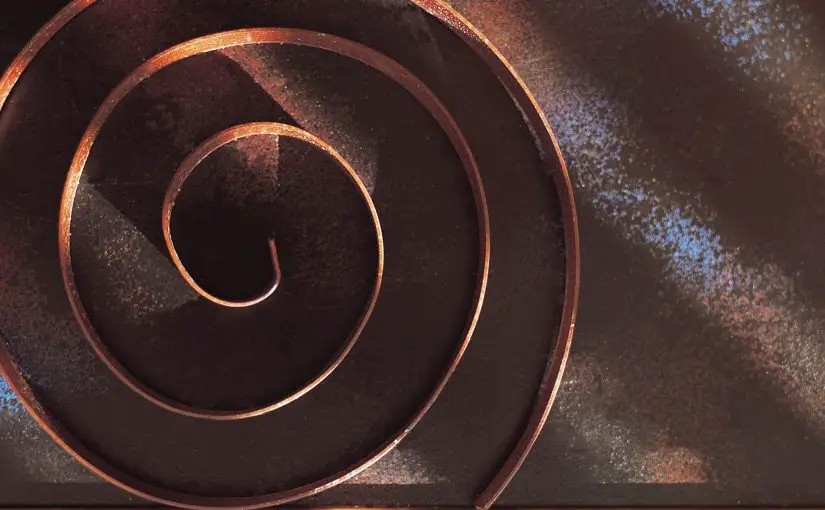
 4. Vinegar and water
4. Vinegar and water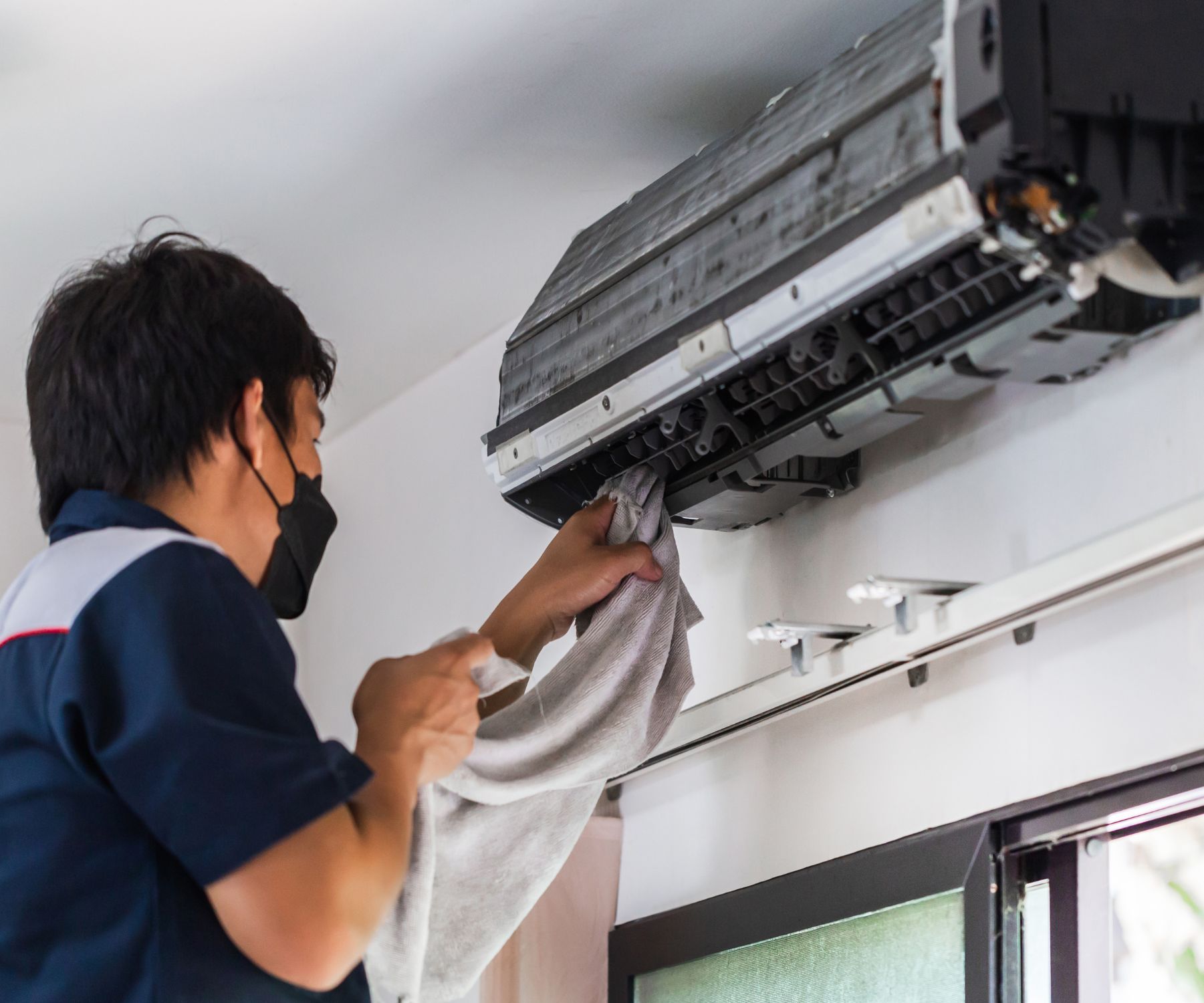 7. Homemade Mini Split Cleaning Solution
7. Homemade Mini Split Cleaning Solution